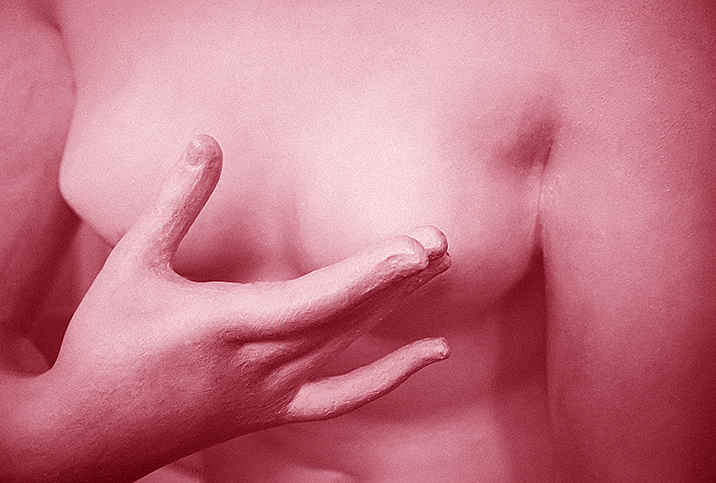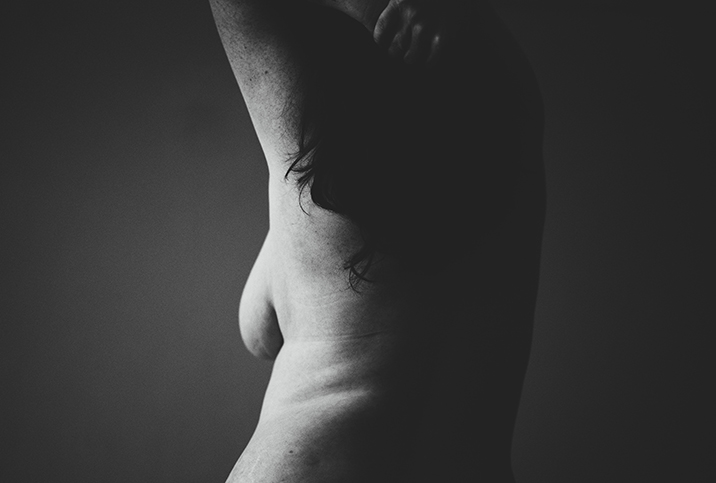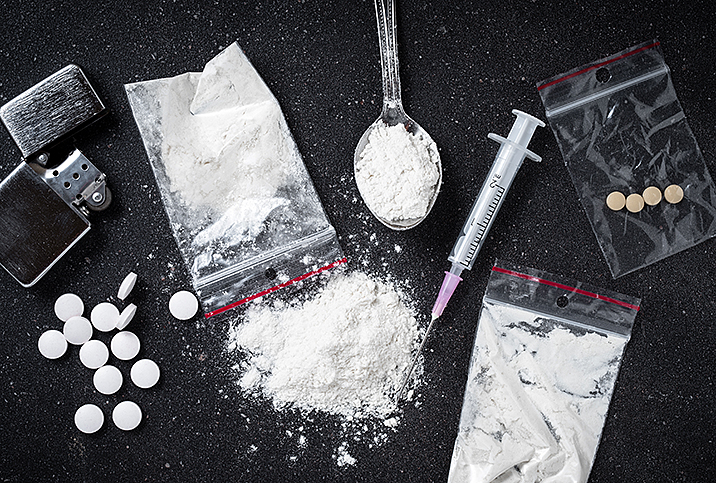What Alcohol Does to Your Breast Cancer Risk

Medical experts believe that drinking alcoholic beverages increases a woman's risk for breast cancer because alcohol raises levels of estrogen and other hormones associated with certain types of the disease. Alcohol may also increase a woman's risk for breast cancer by damaging cellular DNA.
Women who have three alcoholic drinks a week are 15 percent more likely to get breast cancer than women who don't drink at all, according to Breastcancer.org. Research also suggests that the risk goes up by 10 percent for each additional drink a woman has each day on a regular basis.
Women who have three alcoholic drinks a week are 15 percent more likely to get breast cancer than women who don't drink at all.
It's important to remember that this increased risk doesn't occur only in women who are heavy drinkers. The American Cancer Society reports that even if a woman drinks only small amounts of alcohol, she will be more likely to develop breast cancer in her lifetime. There is strong evidence for a dose-response relationship—the more you drink, the higher the risk of breast cancer—that starts with three to six drinks per week. For this reason alone, avoiding or cutting back on alcohol may be an effective way to lower breast cancer risk in women.
Alcohol & breast cancer risk
Alcohol can increase a person's risk for cancer in several different ways, depending on the type of cancer. In addition to breast cancer, alcohol consumption can also increase the risk for cancer of the mouth, throat, larynx, esophagus, liver, colon and rectum.
Alcohol increases breast cancer risk in several ways, including:
Lack of nutrient absorption
Experts believe alcohol may increase breast cancer risk partly because it can make it more difficult for the body to absorb nutrients. One of these nutrients is folate, a vitamin needed to keep cells in the body healthy. Low folate levels can increase the risk of not only breast cancer but colorectal cancer, as well. There is evidence that folic acid intake in the form of a daily multivitamin may lower this risk. However, in the United States, so many foods are fortified with folate that the benefit is likely greater in other countries.
Hormone imbalances
Alcohol in the body can trigger higher levels of estrogen, a hormone that plays an essential role in the growth and development of breast tissue. When estrogen levels get too high, a woman faces a higher risk of developing breast cancer.
Increased body weight
Alcohol is known to be full of calories, which can lead to weight gain in some people. Drinking alcohol may also lead to more late-night eating and snacking. Individuals who are overweight or obese are at greater risk of many types of cancer, including breast cancer.
These are just some of the ways that drinking alcohol can increase the chance of breast cancer. However, it's important to note the medical community believes there are likely many other as-yet-unknown ways that alcohol could contribute to higher risk.
Consider the risks
It's true that merely having an increased risk for breast cancer does not guarantee you will ultimately get it. However, cutting back on or avoiding alcohol altogether could be an effective way to lower your cancer risk and maintain overall health.
The American Cancer Society states that while it's best to not drink at all, women who choose to drink should stick to no more than one drink a day, while men should limit themselves to a maximum of two per day.

















